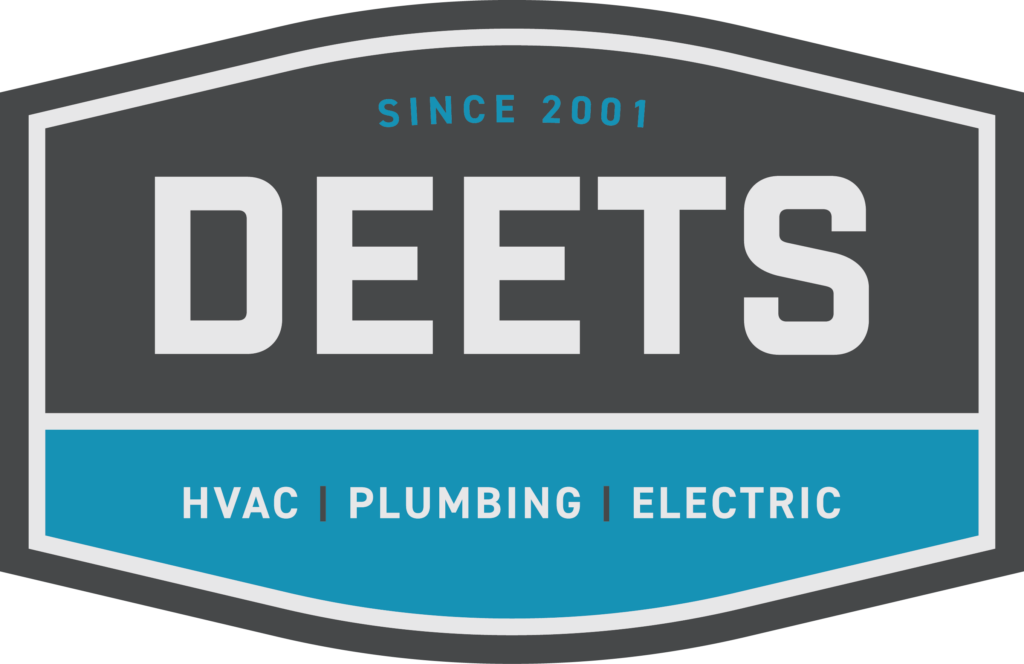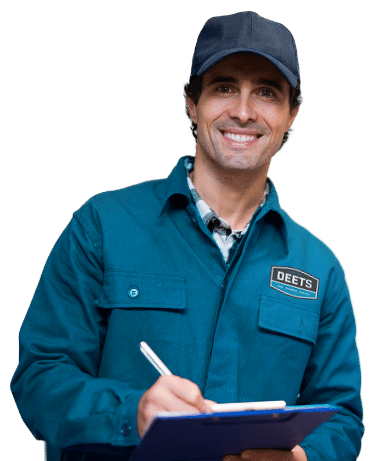In this article…
- Furnace Heating Systems: Functionality, Cost, Pros, and Cons
- Heat Pump HVAC Systems: Functionality, Cost, Pros, and Cons
- Furnace Vs. Heat Pump: Which is Right for You?
- Choosing The Right HVAC System For You
If you’re looking to replace your HVAC unit, you may be thinking about switching to a different type of system.
Maybe your current system has passed beyond its useful life and you want to shop around instead of going with the same system type. Maybe you recently bought an older home and want to upgrade the appliances and are doing your diligent research. Maybe you’re building a home and want to explore your options for a new HVAC system.
No matter your situation, you’re interested in a furnace or heat pump HVAC system and want to compare the two to get a better idea of which is best for you.
Luckily, we’re here to help.
DEETS Mechanical has been the trusted HVAC professional for Northwestern Pennsylvania homeowners since 2001.
Our team of professional, certified technicians is here to provide you with unbiased information on all things heating and air conditioning.
We understand that choosing the best HVAC system for you can be overwhelming, and you want to have all the information you need before making a multi-thousand-dollar decision.
We’re here to help guide you through your journey and help make finding the best HVAC system for you as easy as possible.
This article will compare two of the most popular HVAC system types, furnaces and heat pumps, in categories like functionality, cost, and some of their pros and cons.
After reading, you’ll have a birds-eye view of how each system works and make a more informed decision on your new HVAC system.
Furnace Heating Systems: Functionality, Cost, Pros, and Cons
Furnace systems are common anywhere with cold weather, making them popular for Northwestern Pennsylvania homeowners.
Let’s explore how furnace systems work, how much they may cost, and some pros and cons.
How Do Furnaces Work?
A furnace operates by burning fuel (usually natural gas or propane) to generate heat. This heat is then transferred to air and circulated throughout the home via fans, motors, and ductwork.
The thermostat detects when the temperature in your home falls below the set point, triggering the furnace to turn on. Gas is piped into the burner, ignited, and the flames heat a heat exchanger.
To circulate throughout your home, cool air from your home passes over the heat exchanger and absorbs heat. A blower forces this warm air into your ducts, and it circulates to different rooms, raising the temperature to your desired setting.
This process continues until the thermostat reaches the desired temperature.
How Much Does A Furnace System Cost?
Furnaces can range from $2,000 to $10,000 depending on the size and type of furnace, with gas furnaces typically costing more than electric ones.
A gas furnace ranges from $3,800 to $10,000, while an electric furnace ranges from $2,000 to $7,000.
It’s important to remember that the cost of your new furnace ranges due to a variety of factors, such as the model, size of your home, and labor. Consult a professional HVAC company to help you decide on the right furnace system for you.
How Long Do Furnace Systems Last?
Regular maintenance is crucial for furnaces to operate efficiently and last up to 15 – 30 years.
Changing filters, inspecting ductwork, cleaning the blower, checking the burner flames, and sealing air leaks around the home are a few things to keep up with to increase the lifespan of your furnace.
Schedule routine maintenance at least twice a year with a professional company will also ensure your furnace is working properly and will last.
Benefits and Potential Drawbacks of a Furnace
Like with any product, you want to weigh the pros and cons of a furnace before deciding if it’s the right heating system for you.
Some of the major benefits of a furnace are:
- High energy efficiency, with ENERGY STAR models up to 97% efficient
- Long lifespan (15-30 years with proper maintenance)
- Can heat a home quickly
On the flip side, some potential drawbacks of a furnace are:
- More expensive to install, especially if additional work (ducts, vents) is needed
- Requires regular maintenance, which can be costly
- Increases electric bills due to the blower working harder in extreme cold
Overall, furnace heating systems are highly efficient systems that are ideal for cold-climate homes. While they are an investment, they will keep your home warm during those harsh winter temperatures and are built to last.
Heat Pump HVAC Systems: Functionality, Cost, Pros, and Cons
Heat pump systems are another popular HVAC option for homeowners in both cold and warm climates.
Let’s dive into the ins and outs of a heat pump system so you can understand how it works and if this heating system is right for you.
How Do Heat Pumps Work?
A heat pump is a versatile system that can both heat and cool your home by transferring heat rather than generating it.
In the winter, the heat pump extracts heat from the outside air, even when it’s cold, using a refrigerant in the evaporator coil.
This hot refrigerant is then transferred inside, where it condenses and releases heat into your home’s air. A blower circulates the warm air throughout the house.
In the summer, the process is reversed, and the heat pump removes heat from inside the house and releases it outdoors, cooling your home.
How Much Do Heat Pumps Cost?
Heat pumps are generally more expensive upfront than furnaces, with prices ranging from $8,000 to $25,000 depending on the type (single-stage, two-stage, variable-speed) and needs for your home.
Just like with furnaces, the cost of your new heat pump depends on the size and model of the system, installation and labor, warranty, and more.
Read more about how much a new HVAC system costs in 2025!
How Long Do Heat Pumps Last?
With proper maintenance, heat pumps tend to last 10-15 years but can last up to 25 years.
Regular checks and cleaning of both the outdoor and indoor units are essential since they run year-round for both heating and cooling.
Yearly maintenance by a professional HVAC company is also required to ensure the system is running properly and will last as long as it’s made to.
Benefits and Potential Drawbacks of a Heat Pump System
Heat pump systems come with a variety of pros and cons, mainly their energy efficiency. However, the benefits do come at a cost, which is one of their main cons.
Some of the largest benefits of a heat pump include:
- Dual-purpose of heating and cooling
- More energy-efficient than furnaces in milder climates since they transfer heat rather than generate it
- Lower operating costs compared to electric furnaces
Some potential drawbacks that come with heat pumps are:
- Higher initial cost than a furnace.
- Less effective in extremely cold temperatures, which can be an issue in harsh winters like those in Pennsylvania.
- Requires regular maintenance to ensure optimal operation.
Heat pumps are a great option for homes in milder climates, like in the South, but are just as efficient for northern homeowners.
Furnace vs. Heat Pump: Which is Right for You?
After learning a bit about both furnaces and heat pump systems, you now want to know which might be the better choice for you.
When deciding between a furnace and a heat pump, it’s important to consider factors like your home’s size, the local climate, energy efficiency, and your budget.
Here’s a breakdown of which system is best for different types of homes and needs.
Furnace: Best for Cold Climates
If you live in a region with harsh winters, like Pennsylvania, a furnace is often the better choice. Furnaces excel at providing fast and reliable heat, especially in extremely cold temperatures.
They can quickly raise the temperature in your home and maintain warmth even when temperatures plummet well below freezing.
Heat Pump: Best for Mild Climates
A heat pump is a fantastic choice for homes in milder climates where the temperature doesn’t drop below freezing for extended periods. It’s an energy-efficient option that provides both heating and cooling, making it ideal for year-round comfort.
While a heat pump can still heat a home in colder weather, it’s most effective when outdoor temperatures remain above freezing.
Choosing The Right HVAC System For You
Now that you have a more robust understanding of furnaces and heat pumps, how they work, what they cost, and some pros and cons, you have a better idea of which heating system is best for you.
Choosing between a furnace and a heat pump ultimately depends on the climate in your area, your home’s needs, and your budget.
If you’re in a colder climate with freezing winters, a furnace might be the best option for reliable heat. If you live in a milder climate and want both heating and cooling capabilities in one system, a heat pump may be more cost-effective and energy-efficient.
Thoroughly researching the system types you’re interested in, comparing models, and understanding all that goes into your HVAC system replacement will ensure you are well-prepared for your new system installation.
One of the largest hesitations that comes with replacing your HVAC system is how much it’s going to cost.
Knowing the average cost for a new HVAC system and all that affects the cost will help mitigate the feeling of sticker shock when the time comes to replace your system.
To help educate you and guide you through your journey, check out this article that outlines the average cost to replace your HVAC system in 2025 and what factors affect the cost.
Interested In A Furnace or Heat Pump System?
If you’re ready to replace your old, worn HVAC system, DEETS Mechanical is here to help.
Our team of expert, certified technicians is here to evaluate your home’s heating and cooling needs to determine which system will provide the best comfort and efficiency.




